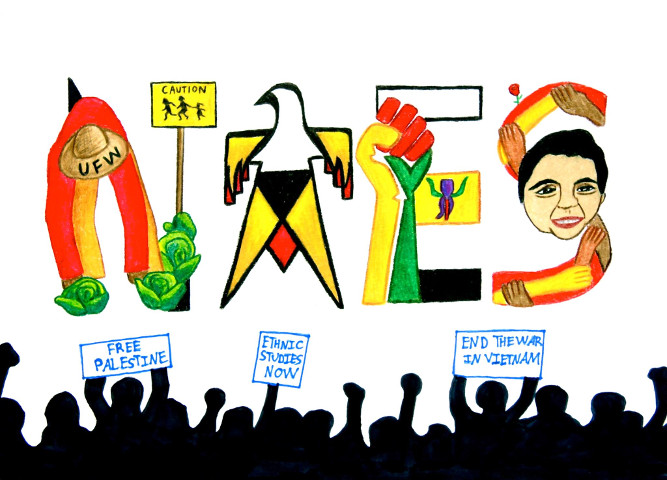Ethnic Studies Review

Orginal Publication Date
2010
Journal Title
Ethnic Studies Review
Volume
33
Issue
esr/vol33/iss2
First Page
43
Last Page
61
Abstract
In this article, we examine the exilic experience of the Cuban-American community in South Florida through the dual concepts of structure and liminality. We postulate that in the case of this exilic diaspora, specific structures arose to render liminality a persistent element of the Cuban-American identity. The liminal, rather than being a temporal transitory stage, becomes an integral part of the group identity. This paper theorizes and recasts the Cuban-American exile experience in Miami as explicable not only as the story of successful economic and political incorporation, although the literature certainly emphasizes this interpretation, but one consisting of permanent liminality institutionalized by structural components of the exiled diaspora. We argue that the story of exemplary incorporation so prevalent in the academic literature is a result of structured liminality. We apply Turner's conceptualization to the creation and maintenance of the Cuban-American Exile Identity (Grenier and Perez, 2003). While testing the theoretical postulates is beyond the scope of this article, we interpret previous research through our new theoretical lens.
Rights
Copyright ©ESR, The National Association for Ethnic Studies, 2010


